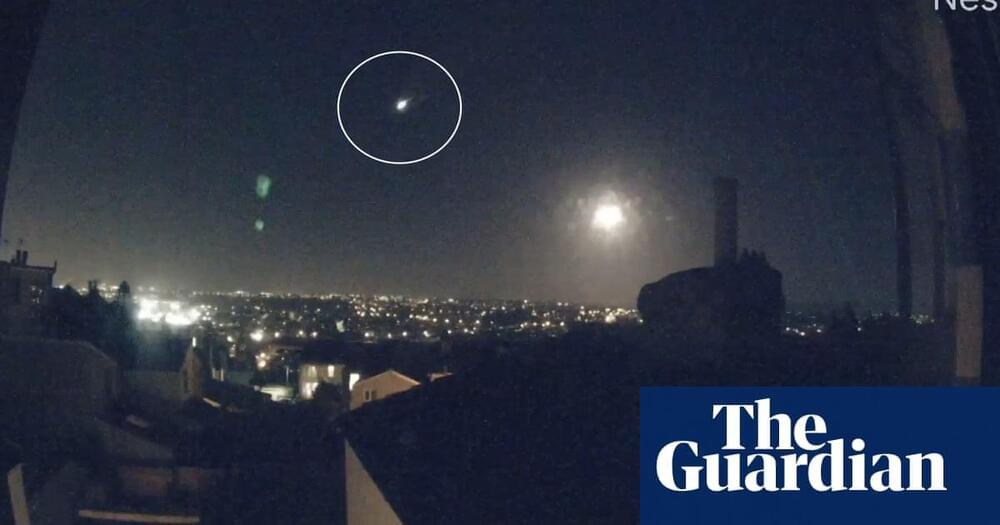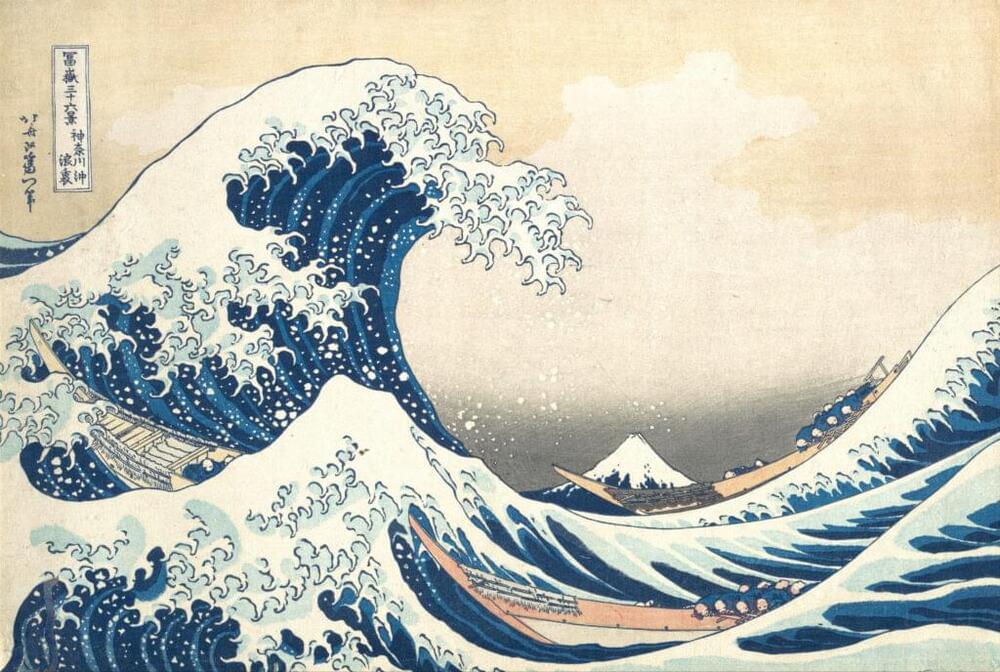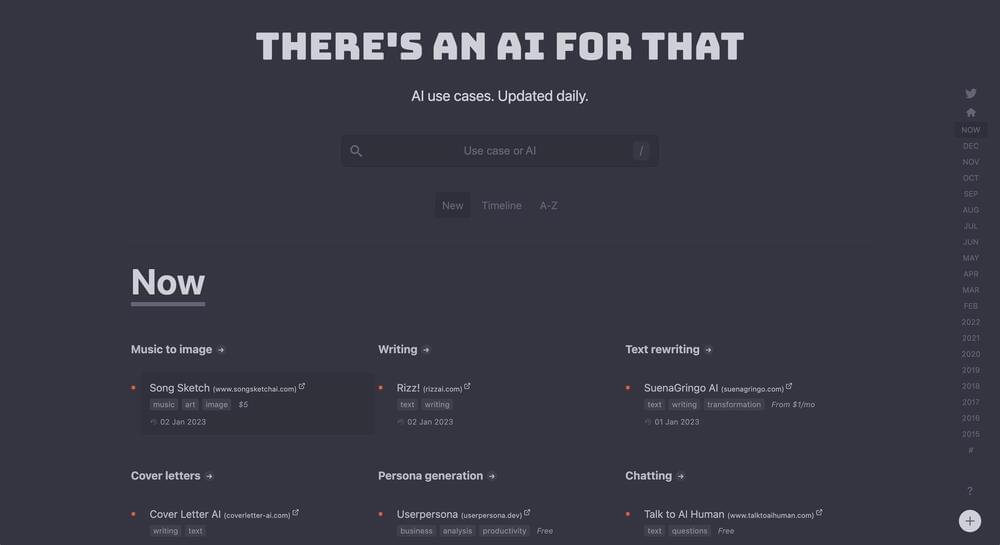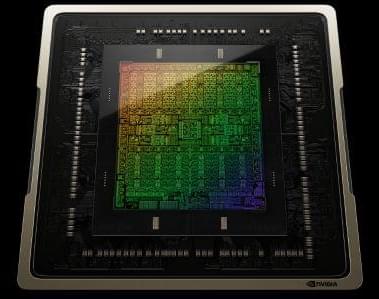Footage shows meteor spotted flying through the night sky from various parts of the UK.



You need not be a student of Japanese Ukiyo-e woodblock prints to recognize artist Katsushika Hokusai’s Under the Wave Off Kanagawa – or the Great Wave, as it has come to be known.
Like Leonardo da Vinci’s Mona Lisa and Botticelli’s The Birth of Venus, it’s been reproduced on all manner of improbable items and subjected to liberal reimagining – something Sarah Urist Green, describes in the above episode of her series The Art Assignment as “numerous crimes against this image perpetrated across the internet.”
Such repurposing is the ultimate compliment.


Insightfulness might play a critical role in the ability to assess the accuracy of information, according to new research published in the journal Thinking & Reasoning. The study found that people with greater insight-based problem solving skills were less likely to fall for fake news.
With rise of the internet and social media, susceptibility to misinformation has become of increasing concern. The authors of the new research sought to better understand the cognitive mechanisms associated with believing in misinformation. They were particularly interested in the role of insight-based problem solving.
“I’m a neuroscientist and study the neural correlates of creativity and idea generation, specifically how we generate ideas accompanied by ‘Aha! moments’ i.e., insights,” said study author Carola Salvi, a professor at the John Cabot University of Rome and an associate faculty member at the University of Texas at Austin. “In this study, we investigated the relationship between insightfulness and aspects of social reasoning, such as believing in fake news, overclaiming, and bullshit.”
The eerie new capabilities of artificial intelligence are about to show up inside a courtroom — in the form of an AI chatbot lawyer that will soon argue a case in traffic court.
That’s according to Joshua Browder, the founder of a consumer-empowerment startup who conceived of the scheme.
Sometime next month, Browder is planning to send a real defendant into a real court armed with a recording device and a set of earbuds. Browder’s company will feed audio of the proceedings into an AI that will in turn spit out legal arguments; the defendant, he says, has agreed to repeat verbatim the outputs of the chatbot to an unwitting judge.

With the timeline of Star Trek: Prodigy being quite confusing and complex, we thought it would be worth a video dedicated to the timeline of Prodigy? So strap in as we deal with Vau N’akat time travel, how prodigy fits in with Picard, and much more!
This is gonna be interesting because we first have to start with the Protostar, we will somewhat go chronologically down the timeline, but with time travel being involved, we will jump to relevant times to further explain things.
⭐ Support our channel!
https://www.youtube.com/TrekCentral/join.
🖖 Join Our Star Trek Community Discord Server:
https://discord.gg/fF2heMbfW8
Fan of Star Trek and like our content? Subscribe and follow us!
▶ Website
https://trekcentral.net.
▶ Facebook
https://www.facebook.com/TrekCentral.
▶ Twitter
https://twitter.com/TheTrekCentral.
▶ Discord — https://discord.gg/fF2heMbfW8
Sources: memory alpha & memory beta.

Not content with accelerating graphics performance with AI via its various DLSS technologies (opens in new tab) and in designing GPUs themselves, Nvidia is now using AI to improve graphics drivers and further boost performance by up to 30%. Well, that’s the latest rumour.
According to CapFrameX (opens in new tab) (via OC3D (opens in new tab) ), maker of frame time analysis tools, Nvidia is working on AI-enhanced graphics drivers. Performance boosts of up to 30% are mooted, with the average performance benefit a more modest 10%.

